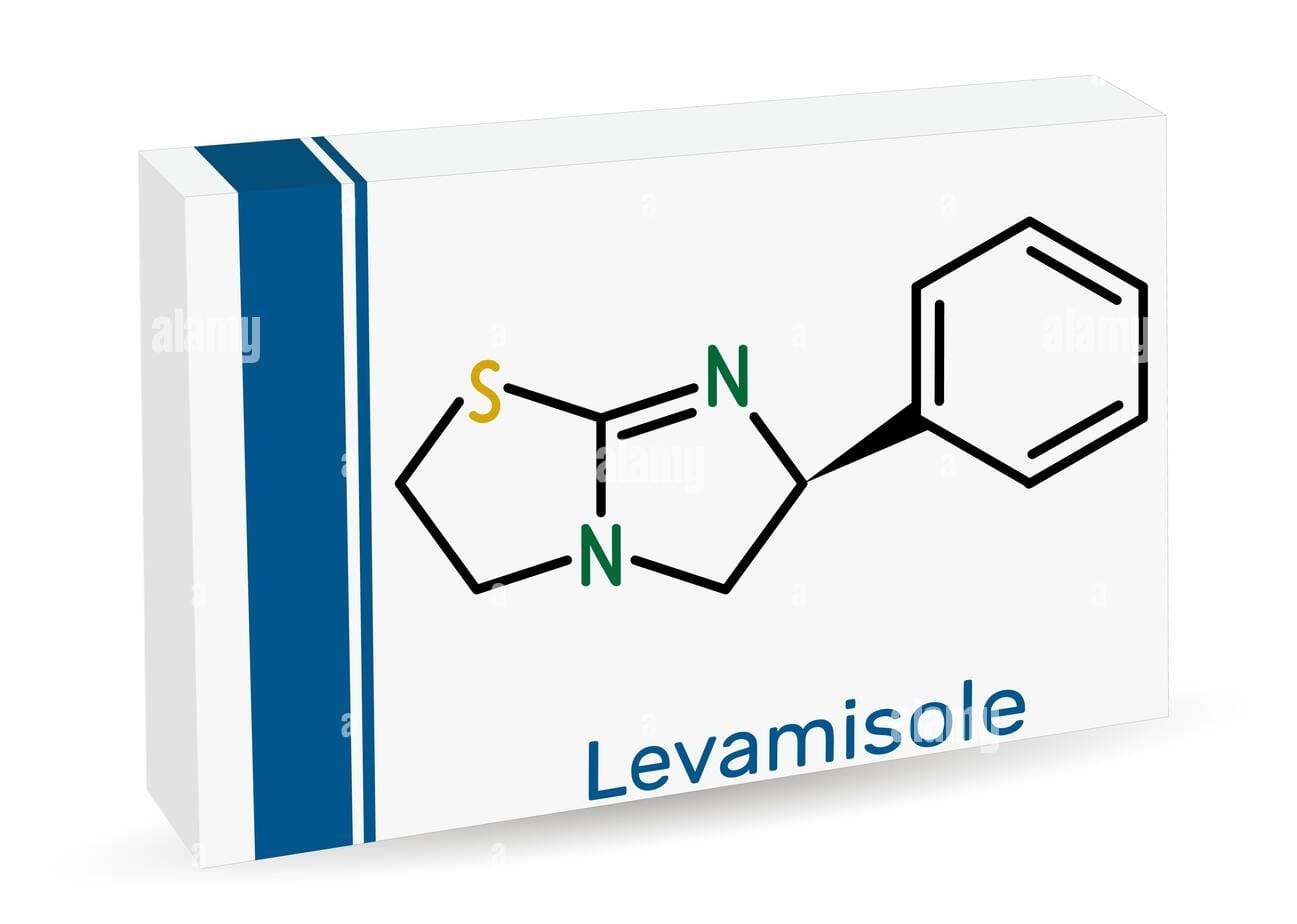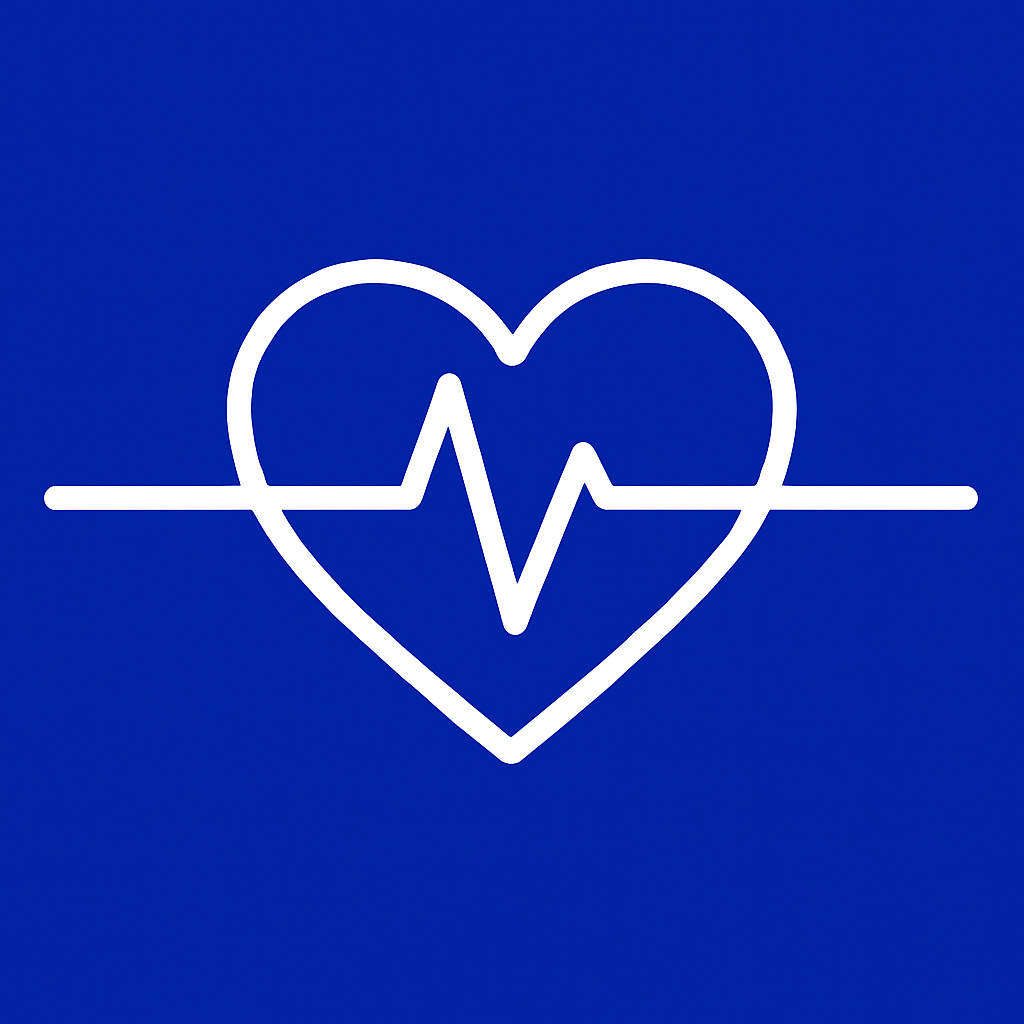Commission reports on progress ahead of 'State of the EU' address

When Ursula von der Leyen steps up to deliver the annual State of the Union (SOTEU) address on Wednesday (10 September), all eyes will be on the priorities she sets for the year ahead. Modeled on the U.S. State of the Union address of the president, the speech will review what has been achieved so far and sketches out the EU’s next moves—before MEPs get their chance to challenge and debate the agenda.
In its freshly published Promise to Progress report, the Commission highlights its crisis-preparedness plans, including strategies to stockpile essentials such as medicines and to fast-track access to flu vaccines, next-generation antibiotics, and treatments for emerging diseases. Longer-term resilience is also in focus, with proposals for a Critical Medicines Act and a broader Life Sciences Strategy to boost pharmaceutical production inside the EU.
The report underlines that Europe’s health push goes beyond legislation. Since the start of the war in Ukraine, the Commission has helped coordinate the evacuation of more than 4,500 patients to hospitals across 22 member states and delivered over 156,000 tonnes of aid. With hospitals facing rising digital threats, Brussels has also rolled out measures to strengthen cybersecurity across the health sector.
We aren’t expecting any major health-related announcements, but MEPs might use the event to flag their concerns at health’s diminished profile.

Belgian efforts fail to persuade the US to release contraceptives stuck in Geel
Belgian newspapers De Standaard and Gazet van Antwerpen report that Belgian efforts to persuade the US State Department to release contraceptives bound for developing countries have failed.
A large stock of USAID medicines and contraceptives that were stored in warehouses in Geel and bound for developing countries has been stuck in limbo since Trump decided to stop funding USAID at the start of the year.
The warehouse is thought to store over 26 million condoms, millions of oral, injectible and implantable contraceptives, as well as HIV inhibitors.
"We have also actively mediated between the US and interested third parties who want to take over the stock," a ministry spokesperson told De Standaard. "We continue to encounter fundamental policy differences with the US," the spokesperson said.
HaDEA launches €1 million tender to support the European Health Data Space
The European Health and Digital Executive Agency (HaDEA) has opened a new call for tenders to strengthen the governance of the European Health Data Space (EHDS), a central plank of the EU’s digital health strategy.
Published under the EU4Health Programme, the call seeks providers of administrative and secretarial support to manage the groups and governance bodies driving the EHDS Regulation and related digital health initiatives. The contract has a modest budget of €1 million.
Interested organizations can apply via the Funding and Tenders Portal until 7 October 2025.

Safety review of Levamisole over concerns of damage to the brain's white matter
The European Medicines Agency’s safety committee (PRAC) has launched a review of levamisole-containing medicines, used to treat parasitic worm infections in adults and children in Hungary, Lithuania, Latvia, and Romania, following a request from the Romanian medicines agency.
The move follows new reports linking levamisole to leukoencephalopathy, a serious condition that damages the brain’s white matter. Symptoms can include confusion, muscle weakness, impaired coordination, speech or vision problems, and in severe cases, death.
PRAC will assess whether the benefits of levamisole continue to outweigh these risks and may recommend changes, suspension, or withdrawal of marketing authorisations.
PRAC also issued new safety information on four medicines: Caspofungin must not be used with polyacrylonitrile (PAN)-based membranes during continuous renal replacement therapy, as drug binding may cause treatment failure and fatal infections. Crysvita (burosumab) carries a risk of severe hypercalcaemia; calcium and parathyroid hormone levels should be monitored regularly, and treatment withheld until resolved. A new intravenous Remsima (infliximab) formulation containing sorbitol is contraindicated in patients with hereditary fructose intolerance due to life-threatening risks. Tegretol (carbamazepine) 100 mg/5 mL oral suspension is restricted in neonates because of excess propylene glycol, requiring monitoring if no alternatives exist.
Dr Tedros defends the US CDC’s ‘invaluable’ work
In a tweet on X, Dr Tedros Adhanom Ghebreyesus defended the ‘invaluable’ work of the CDC (Centre for Disease Control and Prevention) that has come under attack from the Trump administration.
Tedros said: “No institution is perfect and continued improvements are always needed to make sure the latest science and evidence is applied to emerging challenges in real time. But the work of the US CDC has been invaluable and must be protected.”
He pointed to how the US CDC was a point of reference for Africa in the establishment of its CDC, when he was the Ethiopian Health Minister.
